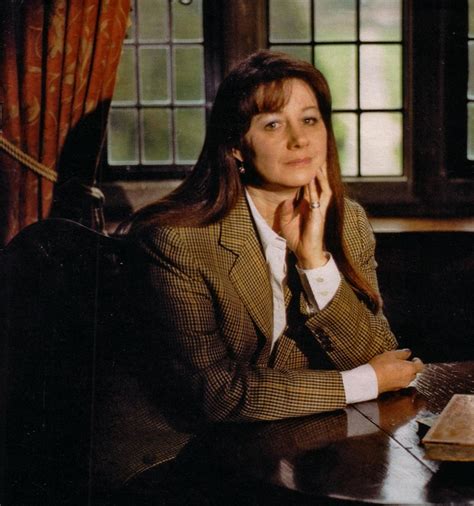A Quote by Paul Strisik
If fact were enough, you could take a photo of the subject. Unlike the sensitive observer, however, the camera never selects or comments, never adds or subtracts.
Related Quotes
Here's what I think: the best author photo ever taken is the author photo of you holding your extra-large engulfing rabbit and looking straight at the camera. I never hope to have one so good. The only way I guess it could be any more literary is if the rabbit were smoking a Gauloise and drinking a tiny cup of coffee.
Unlike the photography and prints, I never catalogued, kept track of or exhibited the sketches. I sold some occasionally, but never saw myself as a graphic artist. They became more important to me thanks to the exhibition, however, and I realized that these drawings were quite interesting after all.
I remember when I was in high school I didn't have a new dress for each special occasion. The girls would bring the fact to my attention, not always too delicately. The boys, however, never bothered with the subject. They were my friends, not because of the size of my wardrobe but because they liked me.
I never approve, or disapprove, of anything now. It is an absurd attitude to take towards life. We are not sent into the world to air our moral prejudices. I never take any notice of what common people say, and I never interfere with what charming people do. If a personality fascinates me, whatever mode of expression that personality selects is absolutely delightful to me.
Mere opinions, in fact, were as likely to govern people's actions as hard evidence, and were subject to sudden reversals as hard evidence could never be. So the Galapagos Islands could be hell in one moment and heaven in the next, and Julius Caesar could be a statesman in one moment and a butcher in the next, and Ecuadorian paper money could be traded for food, shelter, and clothing in one moment and line the bottom of a birdcage in the next, and the universe could be created by God Almighty in one moment and by a big explosion in the next--and on and on.
Cisco never had a red quarter. Never. Took us three years to get funding, and in those three years, we were never in the red, and that was because we had two products to sell. They were not sexy or cool, but we had enough of a market that we could generate enough of a cash stream to grow the company.
He who thinks he can have flesh and bones without being subject to any external influence, or any accidents of matter, unconsciously wishes to reconcile two opposites, viz., to be at the same time subject and not subject to change. If man were never subject to change there could be no generation; there would be one single being, but no individuals forming a species.
The graveyard is the richest place on earth, because it is here that you will find all the hopes and dreams that were never fulfilled, the books that were never written, the songs that were never sung, the inventions that were never shared, the cures that were never discovered, all because someone was too afraid to take that first step, keep with the problem, or determined to carry our their dream.


































